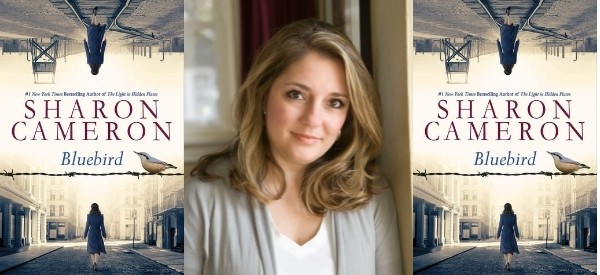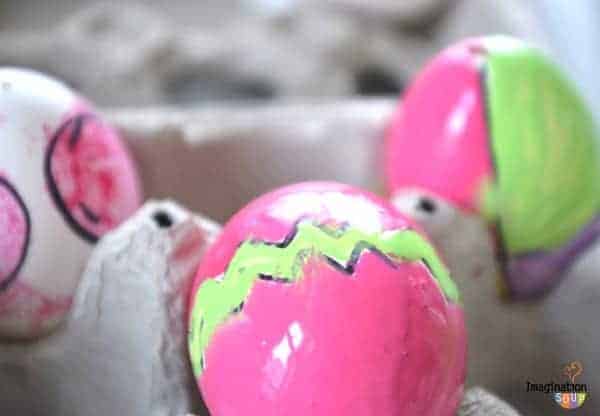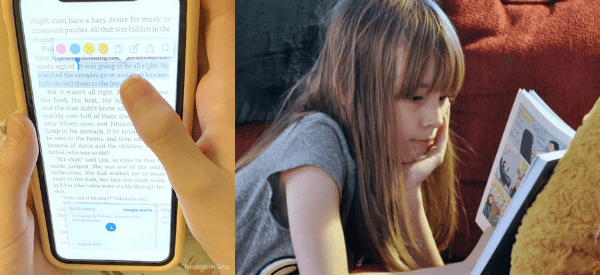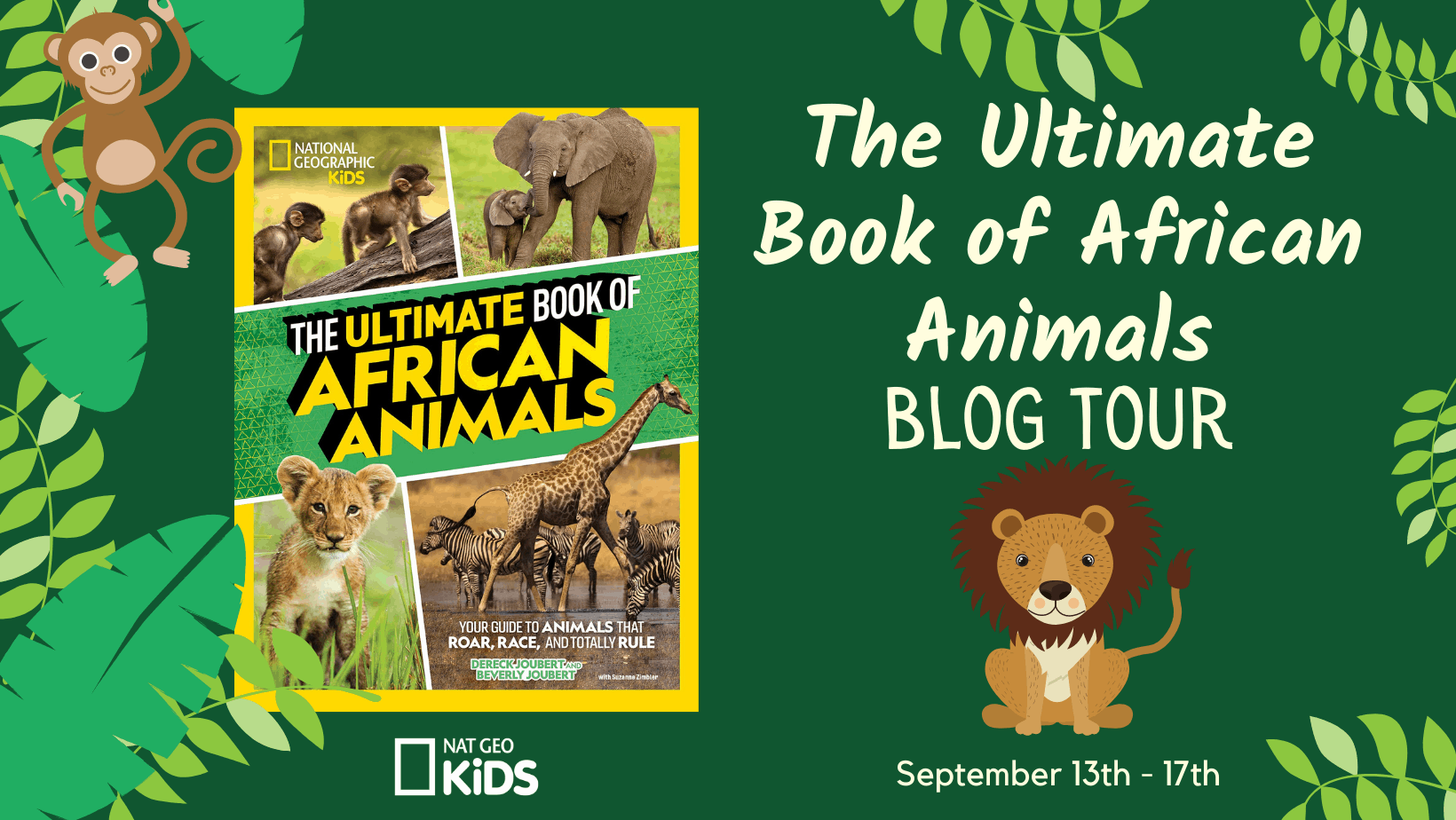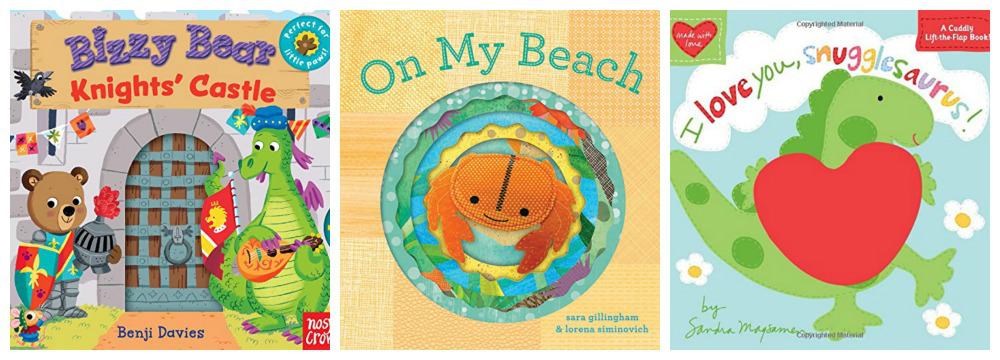Nonfiction Reading: Tips for Kids (and You)
This post may contain affiliate links.
How many times a day does a toddler ask, “Why?” It might be ten, twenty—or so often you lost count.
Insatiable inquisitiveness about the world may take different forms as children learn to read on their own, but curiosity doesn’t disappear. Rather, if tended and nurtured, a child’s early spirit of inquiry can become the basis for a habit of lifelong learning.
Nonfiction reading helps children learn about science, nature, history, and the experiences of others, past and present. Skills honed in reading nonfiction are essential for information literacy.
Yet while research shows that students love nonfiction, the genre has taken a backseat to fiction in the classroom. That may be about to change. And that’s also where educators, parents, and grandparents can help.
In January 2023, the National Council of Teachers of English issued a position statement [https://ncte.org/statement/role-of-nonfiction-literature-k-12/ ] on the role of nonfiction literature, noting: “Young people need adults who foster access to high-quality nonfiction books because they appreciate the power of these titles to excite and inspire as well as inform readers of all ages.”
So what can adults do to support nonfiction reading? The NCTE statement includes helpful suggestions. And as an author of nonfiction books for preschoolers through teens, I’ve also given this a lot of thought.
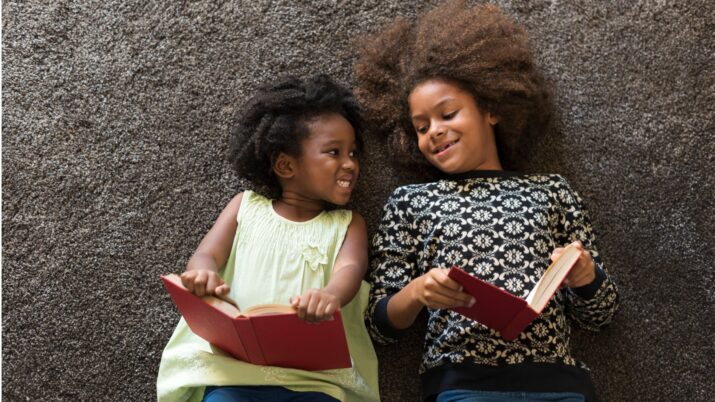
Nonfiction Reading: Tips for Kids (and You) to Read More Nonfiction
My top piece of advice would be to look for ways to explore nonfiction along with kids, from babyhood to adulthood. A family can be, after all, a lifelong book club.
Here are a few other ideas that come to mind.
Babies & Preschoolers
Picture books promote curiosity about the world and encourage children to find and explore new interests.
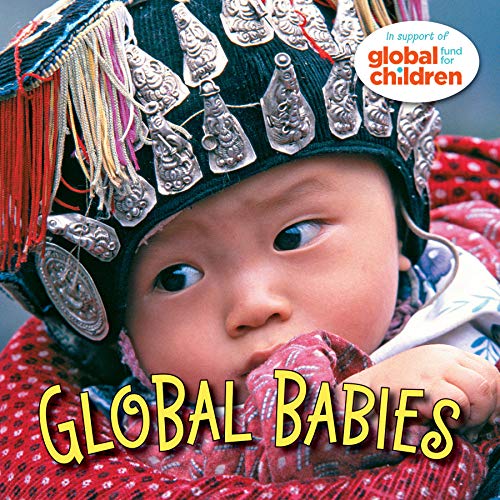
- You can start nonfiction reading with board books for babies. One of our family favorites was Global Babies, published by The Global Fund for Children, with photographs celebrating babies around the world. (Keep it on the shelf to inspire later trips to the library to find books about the featured countries.)
- Nonfiction science and nature picture books by well-known creators like Melissa Stewart and Kate Messner spark curiosity and can help link everyday experiences with learning. Enjoy winter walks? Check out Over and Under the Snow by Kate Messner, illustrated by Christopher Silas Neak, to learn more about animals’ winter homes.
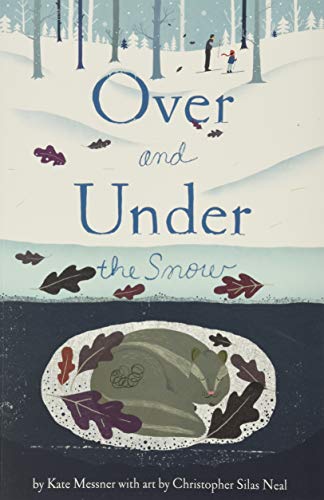
Elementary Students
Nonfiction reading for elementary students encompasses picture books, early readers, and more robust, longer titles. Reading narrative nonfiction texts encourages empathy, begins to build an appreciation of historical context, and allows for deep-dive explorations into social justice, history, science, sports, and hobbies.
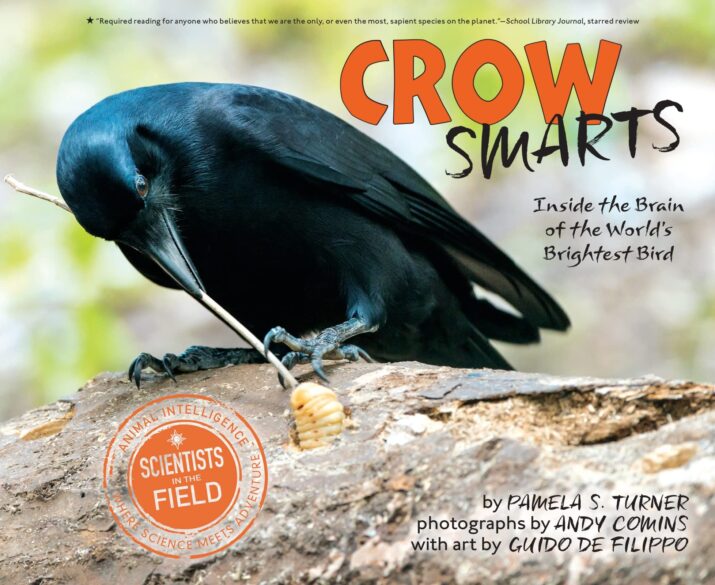
- Recent nonfiction titles, such as the Scientists in the Field Series, are impeccably researched and are sure to delight both child and adult readers. Is your family fascinated by neighborhood crows? Reading Crow Smarts: Inside the Brain of the World’s Brightest Bird by award-winning author Pamela S. Turner offers insights into this remarkable bird.
- Try extending a nonfiction reading experience with an audiobook, movie, novel, or television program. For example, pair Crow Smarts with an episode of the PBS documentary series Nature entitled A Murder of Crows.
- Take the classroom home and celebrate Black History Month, Women’s History Month, Pride Month, and Asian American and Pacific Islander Heritage Month with nonfiction as well as fiction.
- Young readers devour the popular Who Was series. My own three-book series, The Deadliest, are longer nonfiction titles about diseases, hurricanes, and fires. A downloadable study guide introduces the historical thinking skills of sourcing, contextualizing, corroboration, and close reading. Do students need to know the source of information as they search the web? You bet!
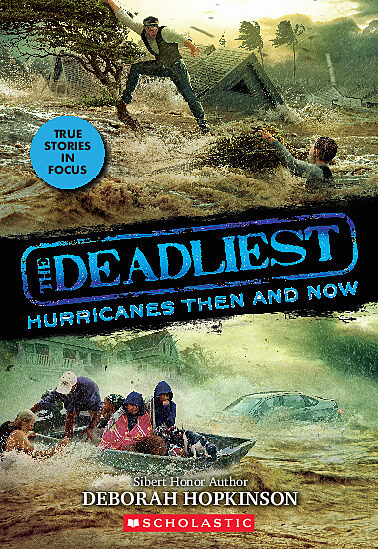
Middle & High School Students
Reading nonfiction early builds “reading muscle,” preparing students for more challenging, complex long-form nonfiction they’ll read in high school.
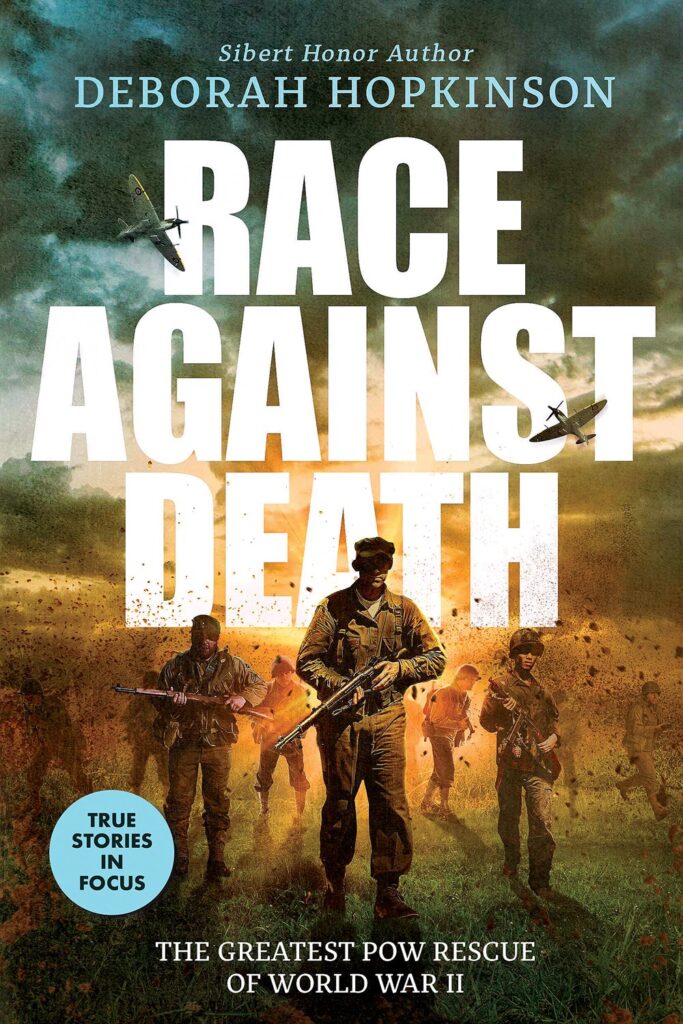
Here I’d like to say a little about my April 2023 nonfiction title, Race Against Death: The Greatest POW Rescue of World War II. I’ve written several books about World War II, including We Had to Be Brave: Escaping the Nazis on the Kindertransport and We Must Not Forget: Holocaust Stories of Survival and Resistance.
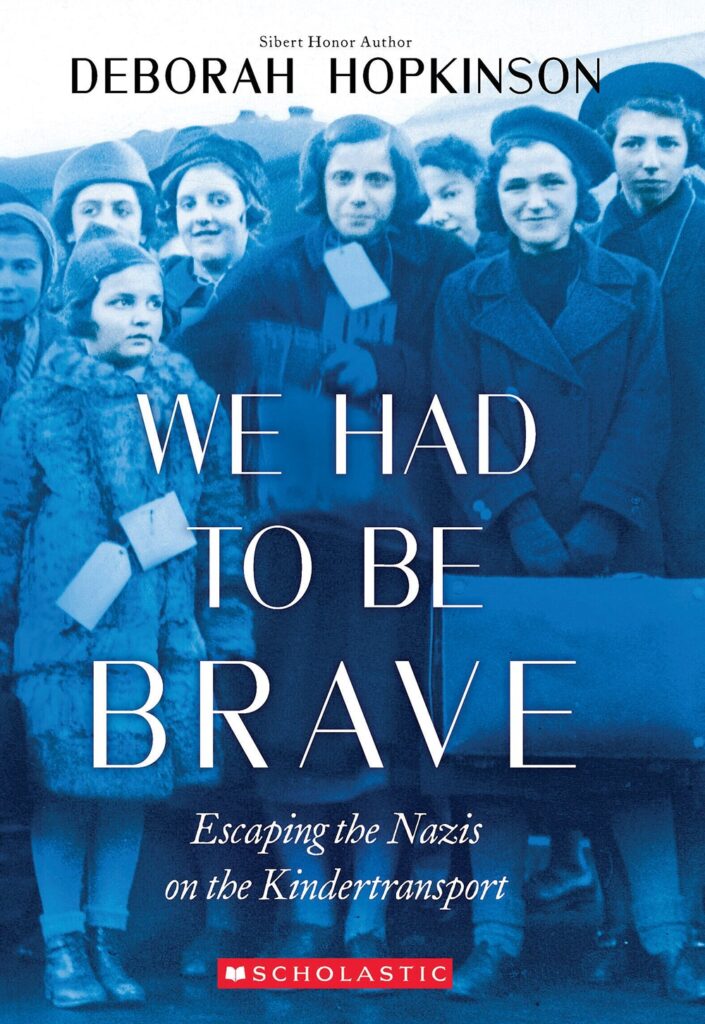
While I sometimes encounter an outdated stereotype that only male middle schoolers pick up nonfiction, I don’t find that to be the case. But throughout my work, I try to include as many perspectives as possible, and also make the research process transparent to show why the inclusion of diverse voices is essential to grasping past events—and the present.
That means Race Against Death, set in the Philippines in World War II, isn’t just a war action story. It includes the experiences of an American nurse on Bataan based on a self-published memoir; a young Filipina activist who lost her life helping American POWs; a Filipino journalist; Latino soldiers from New Mexico; and a note at the front of the book about the role of Black servicemen in the Pacific.
And, like my other long-form nonfiction titles, Race Against Death includes links to oral histories on museum websites so that readers can see and hear the often-forgotten people who were part of these events. I hope these sorts of nonfiction books will also encourage young people to tell their own stories and their family stories.
As Kindertransport survivor Werner Neuberger said, “I once read that our stories—our heritage—are the only things that remain when we die. We can leave property, money, jewelry, and other worldly goods, but none of those are truly lasting. The only thing that is constant is the thread of how we got to be who we are, and how our short time on Earth is connected to the people who came before and who will come after us.”
I can’t think of a better reason to read nonfiction.
Explore More
Melissa Stewart includes resources on her Celebrate Science website: https://www.melissa-stewart.com/. To learn about different kinds of nonfiction texts visit: http://celebratescience.blogspot.com/2023/03/a-deep-dive-into-text-structures.html.
Check out the NCTE January 2023 position statement on nonfiction at: https://ncte.org/statement/role-of-nonfiction-literature-k-12/.
Nature, “A Murder of Crows”: https://www.pbs.org/wnet/nature/a-murder-of-crows-introduction/5838/.
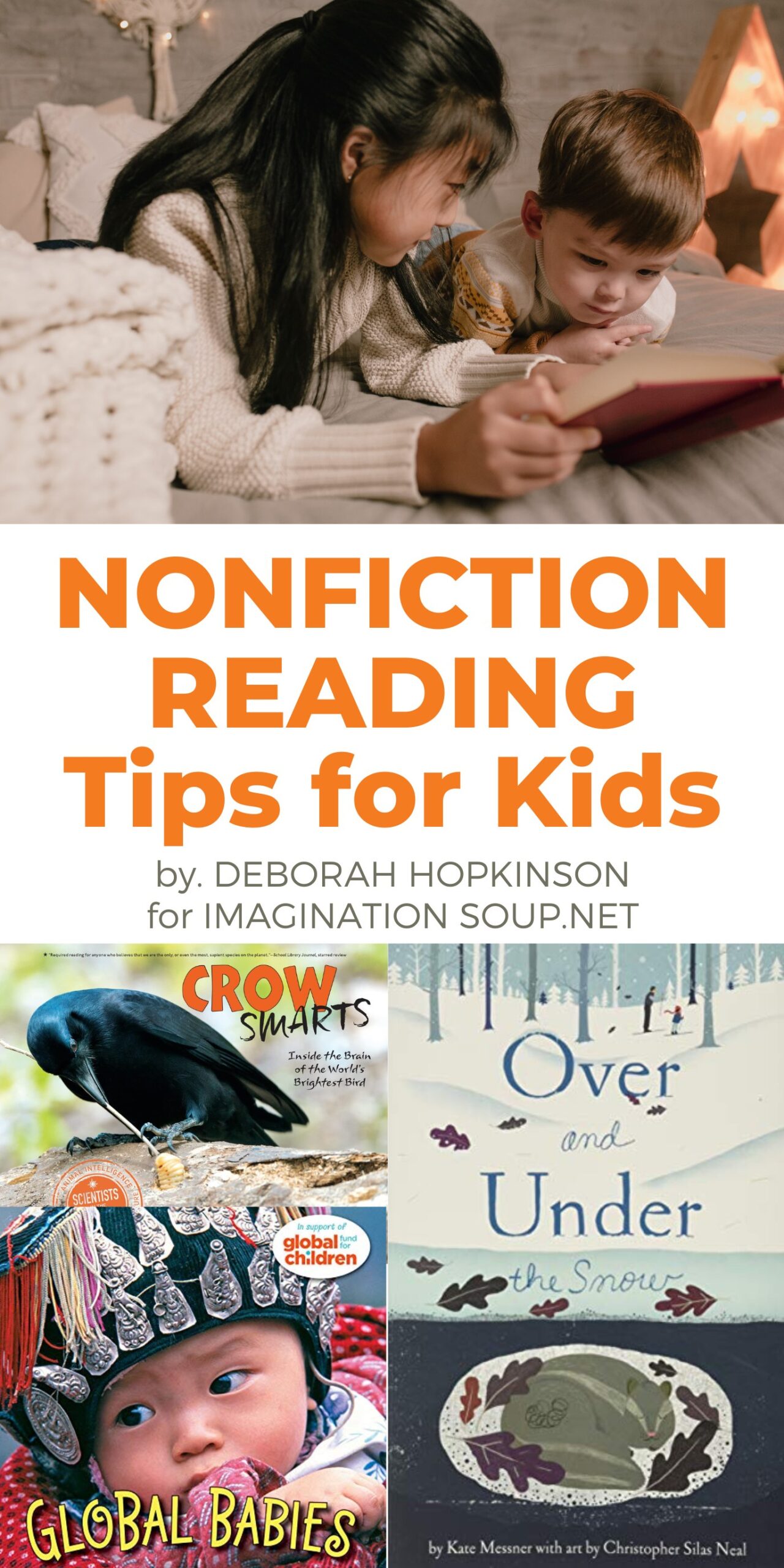
KEEP READING

